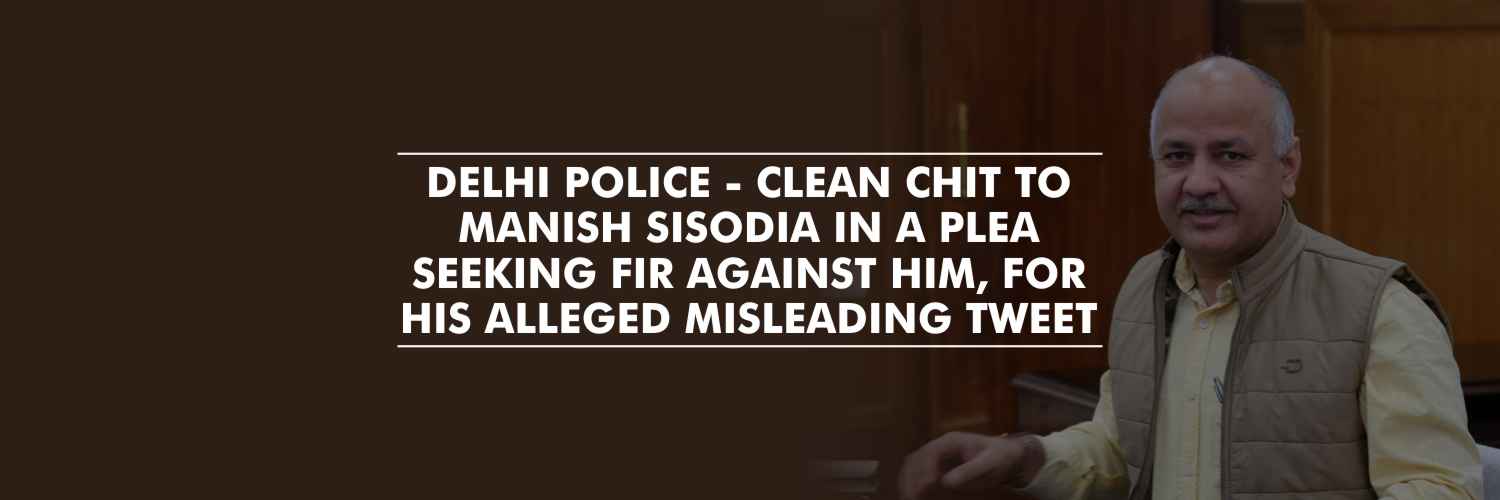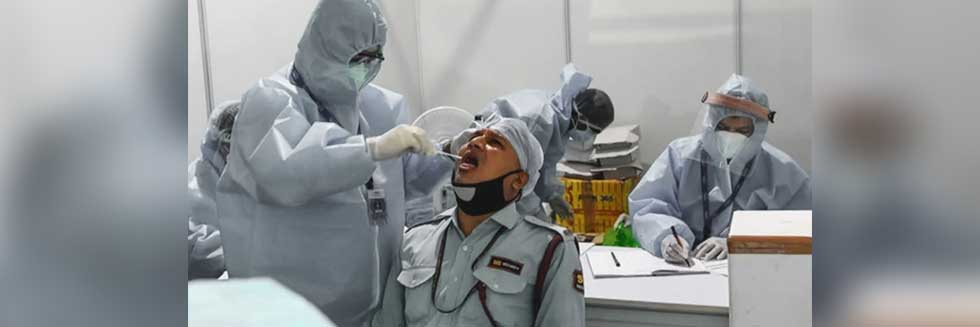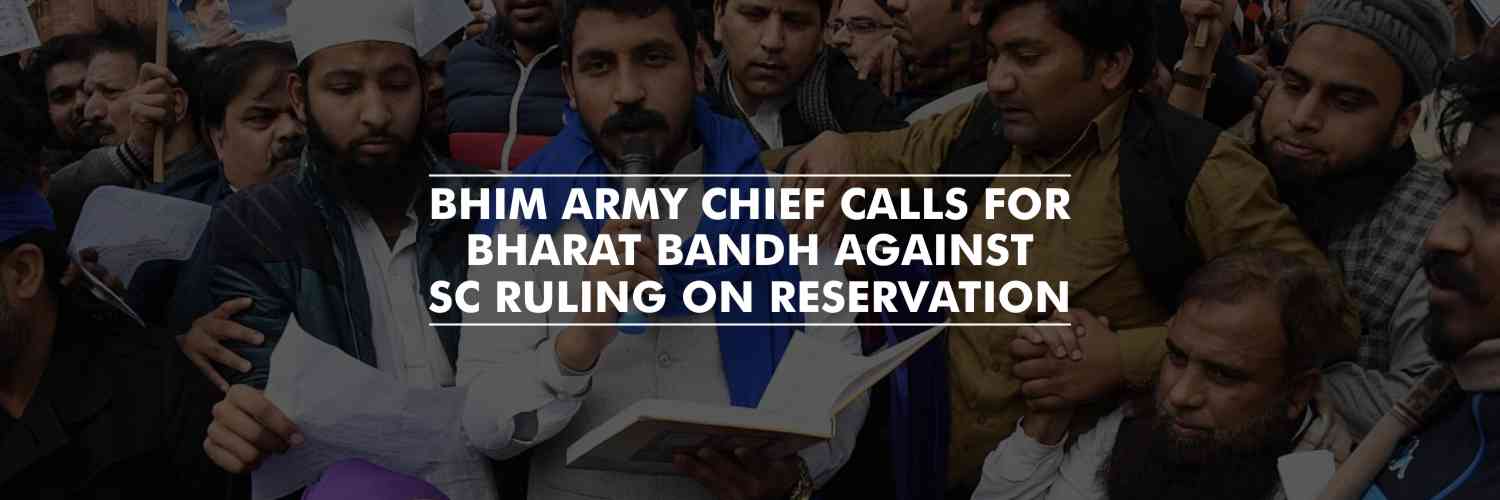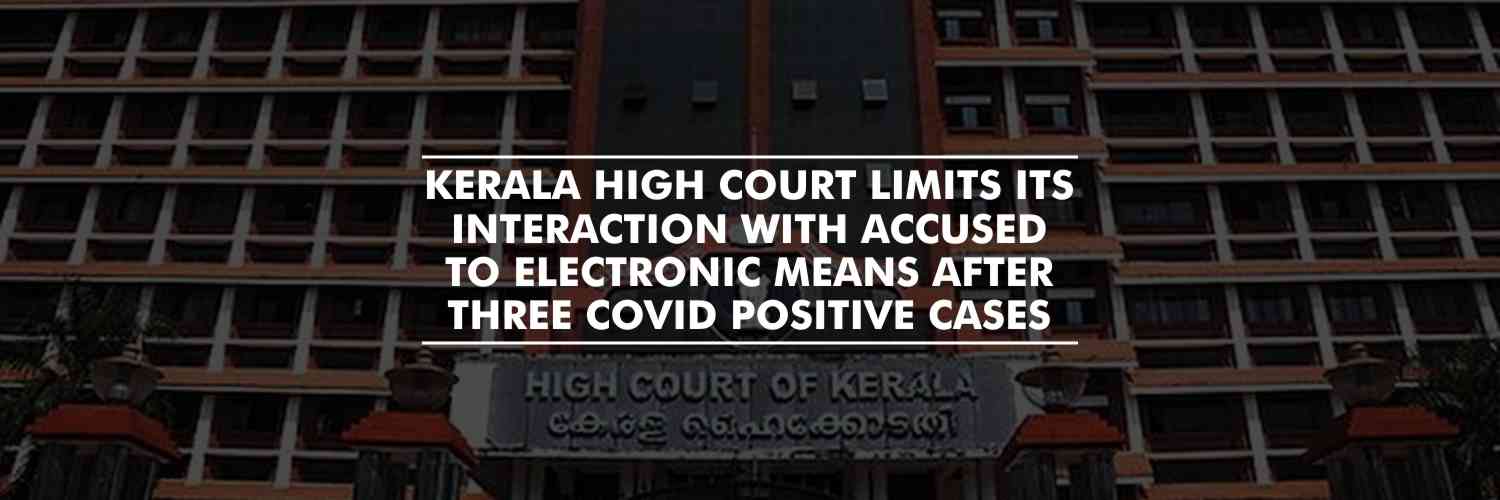Prime Minister Office has refuted to disclose any information related to the PM-CARES fund citing the grounds that it will disproportionately divert the resources of the office. The government and constitution of this separate fund had already invited huge flak.
An RTI application was filed by an RTI activist and Commodore Lokesh Batra (retd.) seeking information related to the number of RTI applications and appeals received and disposed of in Prime Minister Office (PMO) each month since April 2020. Besides that, the activist has also sought the number of such applications and appeals related to PM-CARES and the Prime Minister’s National Relief Fund.
“The information sought by you is not maintained in this office in compiled form. Its collection and compilation would disproportionately divert the resources of this office from the efficient discharge of its normal functions, thereby attracting the provisions under Section 7(9) of the Act,” stated the PMO.
It was also stated that Section 8 (1) of the Right to Information Act enlists the valid reasons for exemptions under the Act under which information can be denied.
While Section 7(9) of the act says, “An information shall ordinarily be provided in the form in which it is sought unless it would disproportionately divert the resources of the public authority or would be detrimental to the safety or preservation of the record in question.”
However, a High Court judgment and multiple Central Information Commission (CIC) orders held that under Right to Information Act, this rationale can only be used to change the format of information provided, not deny it altogether.
India’s first Chief Information Commissioner Wajahat Habibullah has called it a clear misuse of the act and should attract penalties under the law.
“There is no ambiguity. This is a misuse of the clause by CPIOs. It is up to the information commissions to levy penalties as this would amount to misinformation provided under the Act. In my time, it was the initial phase when people were still learning about the Act, so we were lenient with regard to penalties on this issue. However, it is now well established and there is no excuse for such misuse,” said Habibullah.
In a 2010 ruling, Kerala High Court denied the possibility of using the clause under Section 7(9) of the RTI Act to deny information and said “That Section does not even confer any discretion on a public authority to withhold information, let alone any exemption from disclosure. It only gives discretion to the public authority to provide the information in a form other than the form in which the information is sought for.”
Constitution of a new fund amid COVID-19 outbreak, PM-CARES fund despite an already existing one PM-NRF has been criticized. Besides that, the government has also been condemned for lack of transparency pertaining to the funds.
Various opposition parties had sought the directions that the PM-CARES fund must be subjected to government audit by Comptroller and Auditor General.
During a parliament session in March 2020, it was announced, “The fund is supposed to be under the purview of a private trust comprising the Prime Minister and the details cannot be sought under RTI, neither can it be audited by any governmental agency.”






